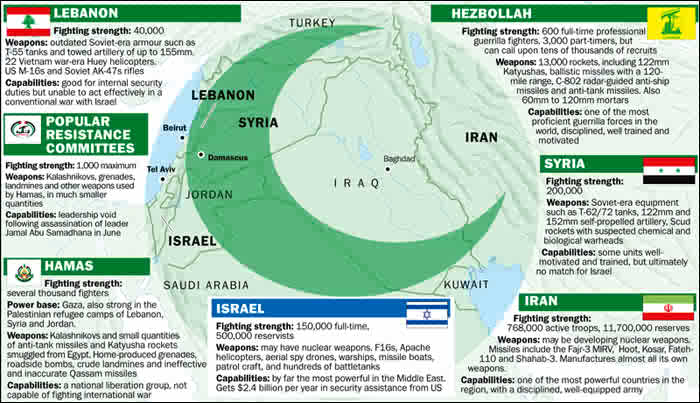
Tehran Backs Syria, Iraq to Ensure Regional Stability
The foreign policy advisor to the Leader of Islamic Revolution said Iran’s efforts to defend regional countries, including Syria and Iraq, are in line with the policy of promoting regional stability.
Ali Akbar Velayati was also quoted as saying by ISNA on Saturday in a
meeting with German State Secretary Markus Ederer that if terrorism
succeeds, “another Libya could take shape”.
“The Islamic Republic has always resisted [destabilizing forces] in the region and such moves [to support regional states] have obviously been made for the sake of peace and stability in the international arena and fighting terrorism,” he said.
He said regional states and the wider international community should not allow terrorists present in Syria and Iraq to repeat what they did to Libya.
Libya has been in complete chaos since the 2011 overthrow of Muammar Gaddafi by western-backed forces, with two rival administrations and armed groups fighting for control of the country.
Velayati referred to Iran’s role in protecting the Middle East from the extremism and stressed that any country that attaches importance to global peace should follow the same path.
“We consider defending Syria and Iraq and their leadership as defending ourselves since preventing their disintegration is the key to maintaining regional stability,” he said.
The senior official explained that the Islamic Republic’s military advisory support to Iraq and Syria in their campaign against terrorism has been offered at the request of the two countries’ governments.
Iraq and Syria have been facing the growing threat of terrorism, mainly posed by the self-styled Islamic State terrorist group that made swift advances in much of northern and western Iraq in mid-2014, after capturing large swaths of northern Syria. Backed by their allies, the two Arab countries have in recent months made significant gains in the fight against terror and violence.
Velayati called Germany a major player in the global arena, especially in Europe, and said, “We hold great respect for Germany’s position in the European Union and this can have a great impact on [Iran-Germany] bilateral ties.”
Ederer pointed to longstanding relations between the two states, which could help deepen ties. He also voiced Berlin’s positive stance on Iran’s 2015 nuclear deal with major powers and looked forward to improvement of the country’s relations with the global community.
Germany was among the major powers that helped conclude the nuclear accord with Iran, which led to sanctions relief in exchange for Tehran scaling down its nuclear activities.
“The Islamic Republic has always resisted [destabilizing forces] in the region and such moves [to support regional states] have obviously been made for the sake of peace and stability in the international arena and fighting terrorism,” he said.
He said regional states and the wider international community should not allow terrorists present in Syria and Iraq to repeat what they did to Libya.
Libya has been in complete chaos since the 2011 overthrow of Muammar Gaddafi by western-backed forces, with two rival administrations and armed groups fighting for control of the country.
Velayati referred to Iran’s role in protecting the Middle East from the extremism and stressed that any country that attaches importance to global peace should follow the same path.
“We consider defending Syria and Iraq and their leadership as defending ourselves since preventing their disintegration is the key to maintaining regional stability,” he said.
The senior official explained that the Islamic Republic’s military advisory support to Iraq and Syria in their campaign against terrorism has been offered at the request of the two countries’ governments.
Iraq and Syria have been facing the growing threat of terrorism, mainly posed by the self-styled Islamic State terrorist group that made swift advances in much of northern and western Iraq in mid-2014, after capturing large swaths of northern Syria. Backed by their allies, the two Arab countries have in recent months made significant gains in the fight against terror and violence.
Velayati called Germany a major player in the global arena, especially in Europe, and said, “We hold great respect for Germany’s position in the European Union and this can have a great impact on [Iran-Germany] bilateral ties.”
Ederer pointed to longstanding relations between the two states, which could help deepen ties. He also voiced Berlin’s positive stance on Iran’s 2015 nuclear deal with major powers and looked forward to improvement of the country’s relations with the global community.
Germany was among the major powers that helped conclude the nuclear accord with Iran, which led to sanctions relief in exchange for Tehran scaling down its nuclear activities.